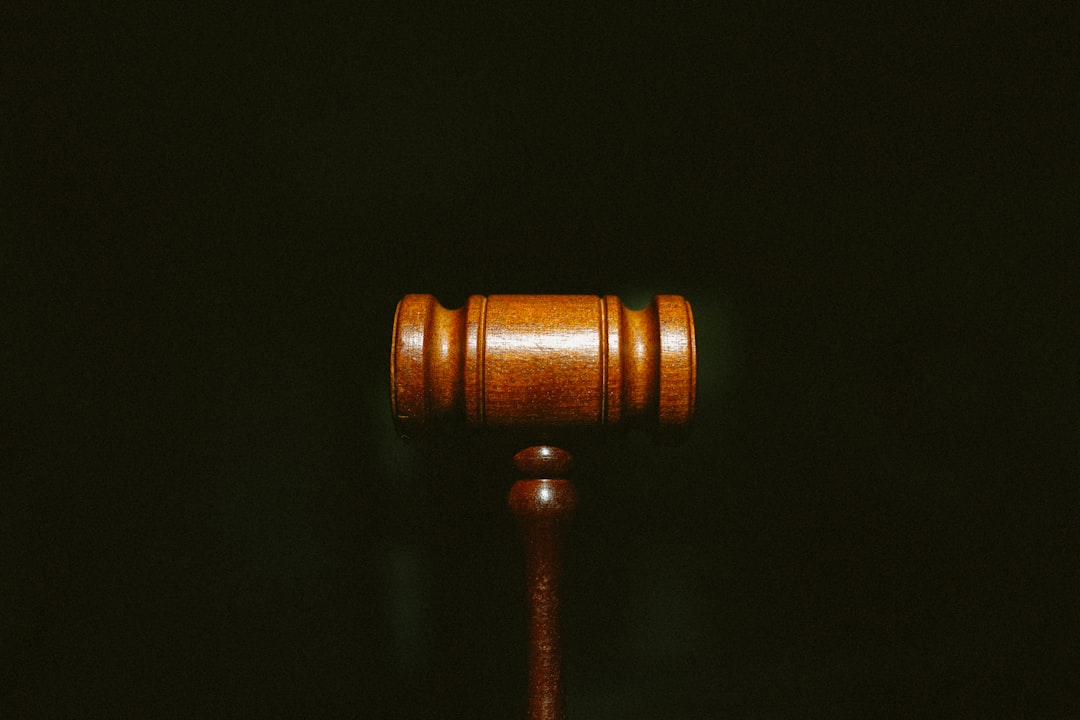‘Decidedly Improper’: Judge Slams Trump’s Lawsuit Against NYT, But Former President Declares Victory Anyway

A federal judge has unceremoniously tossed out Donald Trump's colossal $15 billion defamation lawsuit against The New York Times, delivering a stinging judicial rebuke to the former president's legal strategy. In a scathing decision handed down on Friday, the judge labeled the suit "decidedly improper and impermissible." The stunning legal blow, however, did little to dampen Trump's public bravado, as he later insisted to reporters that despite the court's action, he was unequivocally "winning."
The forceful ruling came from Judge Steven Merryday in a Tampa, Florida, federal court. Merryday did not mince words, criticizing the sprawling legal filing for being bloated with "superfluous allegations" and what he described as excessive, self-congratulatory praise for Trump. The judge found the complaint so fundamentally flawed in its structure and content that he deemed it an unacceptable legal document, effectively ordering Trump's legal team to go back to the drawing board or abandon the effort.
At the heart of the now-dismissed lawsuit were explosive claims that The New York Times had abandoned its journalistic integrity to act as a "mouthpiece" for the Democratic Party. Trump's legal team alleged the newspaper engaged in a coordinated and malicious campaign to damage his reputation and political career. However, the court found that these accusations were buried within a document that read more like a political grievance list than a coherent and focused legal argument required for a defamation case of this magnitude.
Despite the harsh dismissal, the judge left a narrow path forward for the former president. Judge Merryday granted Trump's attorneys a one-month window to try again, permitting them to submit a drastically revised and shortened version of the complaint. This potential new lawsuit would need to be stripped of its "florid" language and political rhetoric, focusing instead on presenting a clear, concise, and legally sound basis for the defamation claims. The burden is now on Trump's team to prove they can adhere to the court's strict guidelines.
The significant legal setback seemed to be of little concern to the former president himself. During an event in the Oval Office, when confronted about the judge's decision by ABC News reporter Jonathan Karl, Trump confidently brushed off the news. Without missing a beat, he looked at the press corps and declared, "I'm winning, I'm winning the cases," framing the outright dismissal as a victory.
Rather than elaborating on how the dismissal constituted a win, Trump quickly pivoted to offense, turning his fire on the journalist who asked the question. "You're guilty, Jon, you're guilty," he retorted, deflecting from the substance of the ruling by attacking the reporter and his network. The tense exchange showcased Trump's characteristic strategy of confronting unfavorable news by declaring victory and attempting to discredit the media messengers, ensuring that while his lawsuit may be in jeopardy, his public relations battle rages on.


